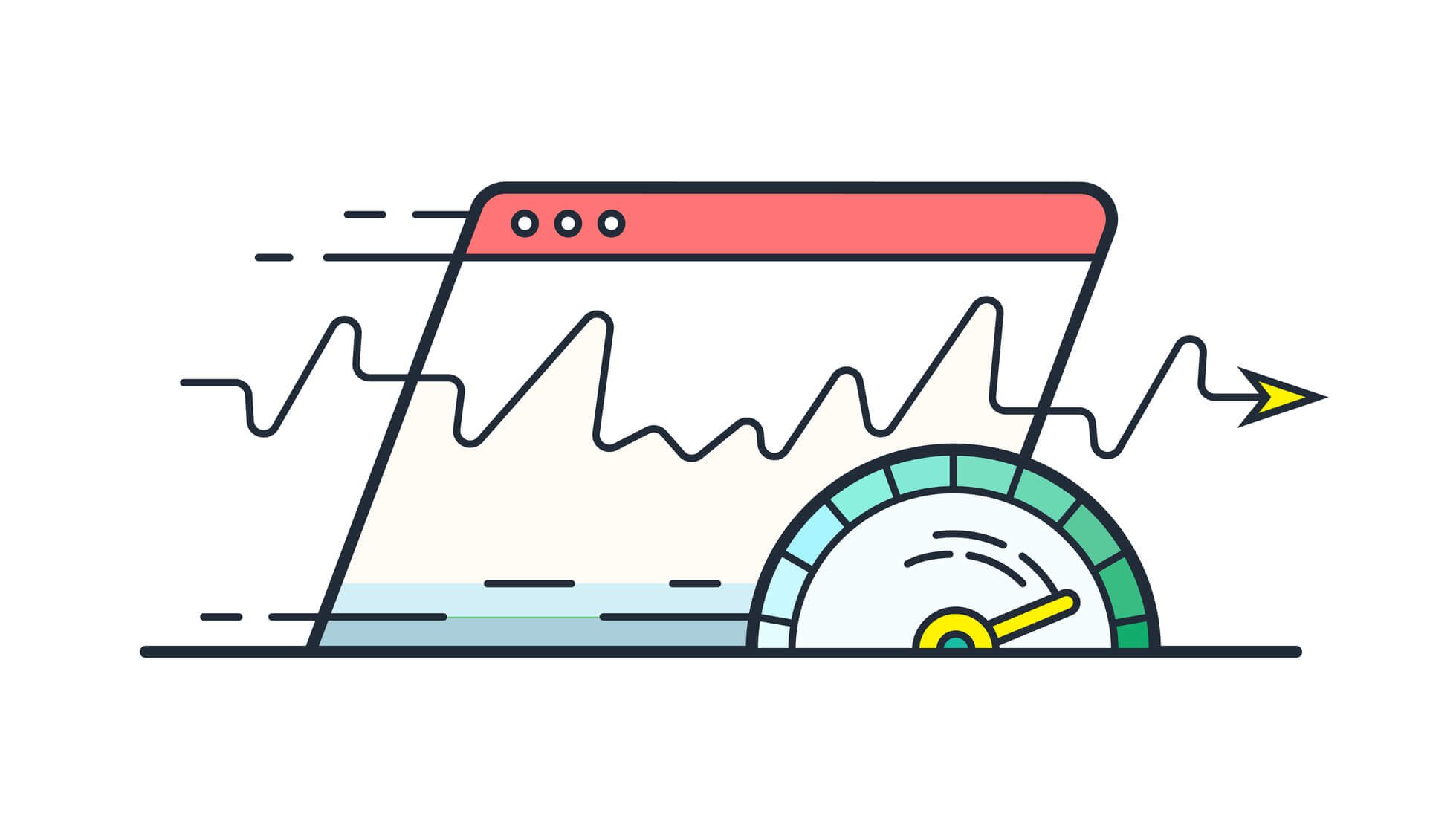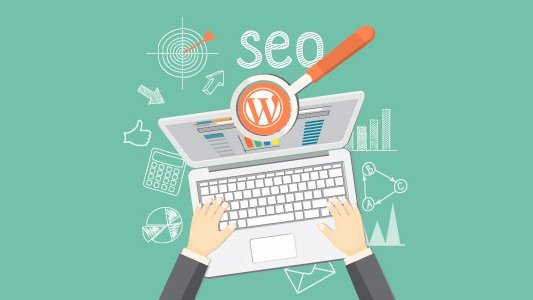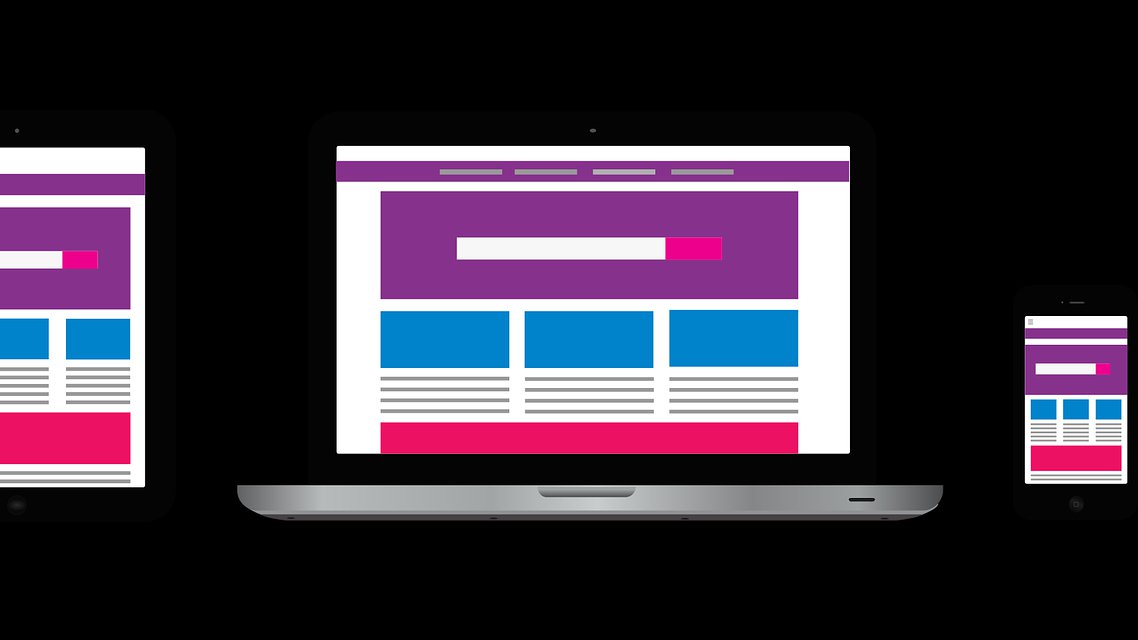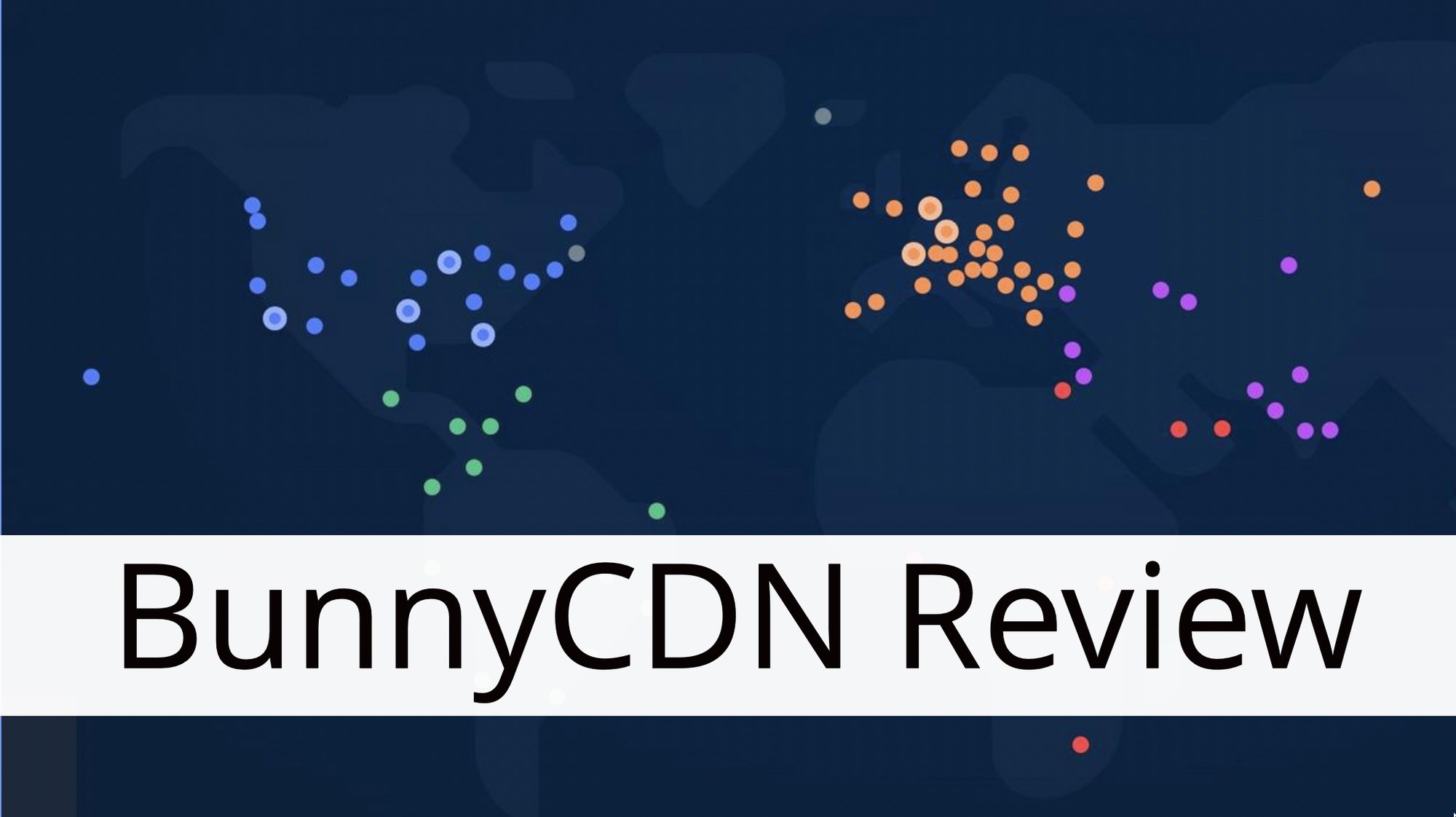You know you need to optimize your website in order to rank higher on the search engine result pages (SERPs) and to increase traffic from organic sources. But how, exactly do you go about doing that? What strategies should you use? The answer lies in Search Engine Optimization (SEO). SEO gives you the tools you need to not only find the opportunities to be ranked on the SERPs, but also to use those opportunities to increase traffic. Here are 10 SEO tips to help you rank better and boost traffic from search engine optimization.
Quality content
Quality content is the foundation of SEO. You need to ensure that your website content is a great source of information for your visitors and answers their questions or provides solutions to their problems. You can also enhance the user experience by creating content that is easy to consume, for example by using visuals, videos, or creating content in an easy-to-read format. Additionally, make sure that your content is well-structured and organized to make it easier for search engines to crawl and index your pages.
You can also optimize your content for specific keywords by including them in the titles and headings of your pages and adding them to relevant parts of the text. However, make sure to focus on adding keywords naturally and avoid keyword stuffing.
Create content that is valuable
Creating content that people want to read is a key part of SEO. Content should be high-quality, relevant, and engaging. The more valuable your content is, the more likely people are to engage with it and link to it.
Content should be keyword-rich, well-written, and provide real value to readers. Use keywords naturally throughout your content, and make sure to include a keyword in your title and meta description.
Make sure to keep your content updated regularly. You don’t want to create content that is outdated or irrelevant. Search engines prefer content that is fresh and up-to-date.
Finally, make sure to optimize your content for specific keywords. Use keyword research tools like Google Trends and Moz Keyword Explorer to find the best keywords for your content.
Content should be well-researched and well-written
One of the most important aspects of SEO is content. The content of your website should be well-researched and well-written. When writing content, it is important to consider the keyword density, readability, and length.
When it comes to keyword density, make sure that you are not overstuffing your content with keywords. You should aim for a keyword density of between 1-2%.
When writing content, you should also consider readability. Make sure that the content is easy to read and understand. Use short sentences and paragraphs, and avoid using complex sentences and technical jargon.
Finally, when it comes to content length, aim for around 1000 words per post. This will help to ensure that the content is comprehensive and informative.
Use visuals to help convey your message
Search engines love visuals. Not only do they help catch the attention of the reader, but they also help break up the text and make your article easier to read. Visuals can range anywhere from infographics to images, videos, and more. It’s important to use visuals that are relevant to the content you’re writing to ensure that they are effective.
In addition to visuals, you should also take advantage of other SEO techniques such as keyword optimization, internal linking, and meta descriptions. These techniques can help you rank higher in the search engine results pages and drive more organic traffic to your website.
Optimize content for keywords
When it comes to SEO, keywords are one of the most important elements. To get the most out of your SEO efforts, you need to optimize your content for the right keywords.
Researching the right keywords is essential for SEO success. You can use tools like Ahrefs, Google Keyword Planner, or SEMRush for keyword research.
Once you’ve identified the best keywords for your content, you need to make sure that you’re including them in your content. This means using them in the title, headings, body, meta tags, and alt text, as well as in the URL.
You also need to pay attention to the keyword density of your content and make sure that it’s not too low or too high. You should aim for a keyword density of 1-2%, which is the sweet spot for SEO success.
Quality backlinks
Backlinks are still one of the most crucial elements of SEO. They are one of the major factors that determine the ranking of your website. Search engines use backlinks to determine the quality of your content. If you can get backlinks from authoritative websites, your content will rank better and generate more organic traffic.
You can build backlinks by creating content that is valuable and authentic. You should also reach out to authoritative websites in your industry and ask them to link back to your content.
Apart from this, you can also use link building tools such as Ahrefs to identify websites in your industry that are linking to your competitors’ content. This can help you discover new opportunities for link building.
Finally, don’t forget to optimize your website’s internal linking structure. Internal links help search engines crawl through your website more easily and can also help visitors navigate your website more efficiently.
Build relationships with other sites
Building relationships with other websites is an important part of SEO. It’s one of the most important things you can do to boost your SEO rankings and increase your traffic from search engine optimization.
When you create relationships with other websites, you make it easier for them to link back to your website. This is a great way to increase your SEO rankings and boost your traffic.
You can build relationships with other websites by commenting on their blog posts, engaging on social media, and participating in online forums. You can also send them emails and ask for guest posts on their blog.
These are all great ways to build relationships with other websites and create more opportunities for link building.
Make sure your links are from high-quality sites
Link building is one of the most important SEO strategies and should always be taken into account when looking to increase your website’s visibility in search engine results. It’s important to make sure your links come from high-quality sites, as low-quality links can significantly hurt your website’s ranking.
Look for sites with high domain authority, as these will have the greatest impact on your SEO efforts. You can also use backlink analysis tools to help you find sites with the highest quality links.
Additionally, you should focus on building relationships with other websites in your industry. This will not only help build your credibility, but it will also help you get more backlinks from reputable sites.
Monitor your backlink profile
Monitoring your backlink profile is an important part of any SEO strategy. Backlinks are essentially votes of confidence from other websites. The more positive backlinks you have, the more trustworthy your website is in the eyes of search engine crawlers.
You can use a variety of tools such as SEMRush, Majestic, and Ahrefs to monitor the backlinks to your website. These tools provide detailed reports that can help you identify bad backlinks and disavow them.
You can also use backlink monitoring tools to identify websites that you can contact to get backlinks. It’s important to make sure that you only get backlinks from websites that are relevant to your niche.
Internal linking structure
Once you have created a website with a great content structure, you should start linking to other related pages on your website. Internal links help search engine crawlers understand your site and learn what keywords are focused on each page.
It’s important to include the keyword you’re targeting when linking internally. For example, if you’re targeting the keyword “SEO”, you should link to other pages on your website using the same keyword. This will tell search engines that your page is about “SEO” and help them rank your page higher for that keyword.
It’s also important to link from your homepage to other pages on your website, as this will help search engines understand the structure of your website and how they should crawl it.
You can also link to other websites, if they offer value to your readers. Linking out to high-quality websites can help you build relationships with other website owners and give you a better chance of getting backlinks from them in the future.
Link to other pages on your site
One of the most important SEO tips you should follow is to link to other pages on your own website. Internal linking helps search engine robots to crawl your site more efficiently, and it also helps readers find more content they may be interested in.
When creating internal links, you should use keyword-rich anchor text to ensure that the search engine bots will understand exactly what the link is about. Additionally, you should link from pages that are more popular and authoritative to those with lower authority. Doing this will help to boost the rankings of the less popular pages.
You can also create a navigation menu that includes links to all the important pages on your site. This will help your visitors to easily find all the information they need, and it will also help the search engine bots to quickly crawl your entire site.
Use anchor text to link to other pages
Anchor text is a clickable text used to link from one page to another. It’s one of the most important SEO factors, as it helps search engines understand the content of the page.
When linking to other pages, make sure to use relevant anchor text that accurately reflects the content of the page. This will help search engines better understand the context of the page and provide more relevant results.
Also, make sure to use targeted keywords in the anchor text. This will provide additional SEO value to the page and help it rank better.
Finally, keep the anchor text concise and avoid using too many words or phrases that might appear spammy.
Focus on content that is related to the page you are linking to
If you’re linking from one page to another, make sure that the content is related to the page you’re linking to. Doing this will ensure that your visitors are more likely to stay on the page and read the content. The more relevant the content is, the more likely the visitor is to stay on the page for longer and click through to the other pages on your website. This will help to increase the time spent on your website and the number of pages visited, both of which are important ranking factors.
You should also create content that is relevant to the keywords you are targeting. This will help to ensure that your content is seen by the right people and will help to increase your rankings as well. You should also make sure that you are using the right keywords in your content, as this will help to optimize the content for the search engines. Finally, make sure that you are using the right meta tags and titles, as these will help to improve the visibility of your content in the search engines.
Metadata
Metadata is the information stored within your website’s HTML code. It includes the title and meta description tags, which are used by search engines to categorize and rank your content.
Your title and meta description tags should be unique, keyword-rich, and relevant to the page’s content. They should also be no longer than 60 characters, so that they aren’t truncated by search engines.
You can use a free SEO plugin to optimize your metadata for each page on your website. Or, if you’re comfortable with HTML, you can edit your metadata manually.
In addition to the title and meta description tags, you can also include meta keywords and Open Graph tags. These tags may not have a direct impact on your SEO, but they’ll help you attract more social media shares and engagement.
Use relevant keywords in titles and meta descriptions
When it comes to SEO, keywords are your best friend. Using relevant keywords in the titles and meta descriptions of your webpages will make it easier for search engines to understand what your page is about.
When you optimize your webpages for keywords, make sure to use relevant keywords that accurately describe the content of your page. It’s also important to keep your keyword density low. Stuffing your page with too many keywords can lead to over-optimization and could result in your page getting penalized by search engines.
Additionally, it’s important to use your keywords strategically in your content. Don’t just stuff your page with keywords – make sure to use them in a natural way. Try to use them in the first paragraph of your content, as well as in the headers and sub-headers. This will make it easier for search engines to understand the content of your page and will boost your rankings.
Write unique titles and meta descriptions
Creating unique titles and meta descriptions for each page is a great way to boost your SEO. Titles and descriptions should accurately describe the content of the page, and should be interesting and descriptive so users are more likely to click on them.
Be sure to include your target keyword in your titles and meta descriptions, as this will help search engines better understand the content of your page and rank it higher in the search results. Additionally, using keyword-rich titles and descriptions will help entice more users to click through to your website.
Also, don’t forget to include your brand name in your titles and descriptions, as this will help users recognize your brand when they see your pages in the search results.
Keep titles and meta descriptions under 65 characters
Titles and meta descriptions are important elements of on-page SEO. They provide search engines with critical information about your content and can also be used to entice people to click through to your website.
It’s important to keep your titles and meta descriptions under 65 characters, as search engines will truncate them if they are too long. This means that your message may be cut off, which could lead to fewer clicks.
When writing titles and meta descriptions for your pages, make sure that you use relevant keywords and include a call-to-action. This will help to ensure that your titles and meta descriptions are both SEO-friendly and clickable.
Technical SEO
Technical SEO involves the optimization of your website structure and code to make it easier for search engine crawlers to index and understand your content. Here are the top 10 SEO tips for technical SEO:
1. Make sure your website is mobile-friendly and optimized for all devices
2. Ensure your website is fast and has a low page load time
3. Use HTTPS for all your pages
4. Make sure your URLs are SEO-friendly and easy to read
5. Use proper header tags for important content
6. Include meta titles and descriptions for all webpages
7. Use proper internal linking to help search engines discover more content
8. Optimize your images with relevant alt tags
9. Keep your website structure organized and logical
10. Use canonical tags to avoid duplicate content issues
Use a sitemap
A sitemap is an XML file that lists all the pages and posts on your website. It helps search engine crawlers to quickly find and index your content.
Creating a sitemap is an essential part of SEO as it helps search engines to find and index your content quickly. Google suggests having a sitemap to be able to crawl and index content on your website efficiently.
If you’re using WordPress, you can use the Yoast SEO plugin to easily create a sitemap. All you need to do is install the plugin, go to SEO > General > Features, and enable XML sitemaps. Once you do that, you can submit it to Google Search Console. That’s it!
Optimize page load speed
Page loading speed is a major factor for SEO, as it affects the user experience and the overall website performance. If your website takes too long to load, visitors will likely leave your website before it has a chance to load, resulting in a high bounce rate. This, in turn, will result in a low ranking.
To optimize your page load speed, use a caching plugin such as W3 Total Cache or WP Super Cache. These plugins store a copy of the web page in memory, so the page doesn’t have to be regenerated each time a user visits it. This can help reduce the page loading time dramatically.
You should also optimize your images, as large images can slow down the loading time of your website. You can use a tool such as TinyPNG to compress images without compromising on quality.
Finally, it’s important to keep your website up to date. Make sure to update your WordPress version regularly and keep all your plugins and themes up to date. This will help ensure that your website is running as efficiently as possible.
Utilize proper URL structures
Using proper URL structures helps search engines understand the structure of your website and makes it easier for them to crawl it. The URLs should be logically organized, with the most important pages closer to the root domain.
It’s also recommended to use hyphens between words instead of underscores, and to keep the URLs as short as possible.
Furthermore, you should avoid using dynamic URLs with special characters, long URLs with multiple parameters, and unnecessary words.
Using proper URL structures also helps users better understand the structure of your website, and is beneficial for your click-through rate.
Optimize for mobile
Optimizing for mobile is an absolute must. Mobile search has been increasing, and Google now uses mobile-first indexing. This means that Google looks at the mobile version of your website first when crawling and indexing your site.
To optimize for mobile, you should make sure that your website is responsive, meaning that it automatically adjusts to different screen sizes. Additionally, you should prioritize website speed, which is especially important for mobile users.
Make sure your website is optimized for mobile, and you’ll be ready to rank better and boost traffic from SEO.
Use responsive design
Responsive design is one of the most important SEO tips to rank better and boost traffic from search engine optimization. Responsive design means that your website is designed to adapt to different screen sizes and devices. This helps your website to look good and be functional on any device and helps make sure that users have a good experience when browsing your website. Having a responsive website also helps your website rank better in search engine results as Google and other search engines favor mobile-friendly websites. Additionally, using responsive design helps to ensure that your website is optimized for both desktop and mobile users so you can capture more traffic from all types of devices.
Making sure your website is responsive is one of the most important SEO tips to rank better and boost traffic from search engine optimization. It’s important to make sure your website is optimized for all devices and browsers so you can capture more traffic and rank higher in search engine results.
Make sure pages are mobile-friendly
Google’s mobile-first indexing algorithm means that if pages on your website aren’t optimized for mobile devices, your website will suffer in search engine rankings.
Make sure your website is built to be responsive, meaning that it can adapt to any device or screen size. This will help increase your search engine visibility and boost traffic to your website.
You should also make sure all website elements such as images, videos, and text are optimized for mobile devices. This means compressing images and videos for faster loading times, and making sure text is readable on small devices.
Summing up
If you’re serious about ranking better and boosting traffic from search engine optimization, it’s important to stay on top of the latest trends and developments.
Start by doing the basics: optimize your metadata and optimize your content. Then, look into link building and social media optimization. Don’t forget to track your progress and measure the results of your efforts.
As you can see, there’s a lot more to SEO than just using keywords correctly. It takes time and dedication to master the art of SEO, but it’s worth it in the end. By following the 10 tips outlined above, you’ll be well on your way to boosting your website’s traffic and improving your search engine rankings. Good luck!



















